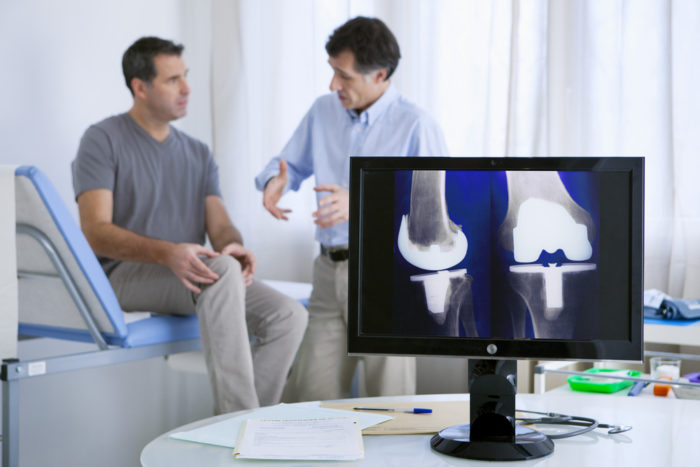What Is The Success Rate Of Joint Replacement?

The success rate of joint replacement surgery is generally very high, with most patients experiencing significant pain relief and improved joint function. The procedure’s success is often measured based on the longevity of the joint replacement, the level of pain relief, and the patient’s ability to resume daily activities and maintain an active lifestyle.
The success rate of joint replacement can vary depending on several factors, including the type of joint replaced (e.g., hip, knee, shoulder), the underlying joint condition, the patient’s age, overall health, and adherence to post-operative rehabilitation.
Here are some general success rate statistics for joint replacement surgeries:
- Hip Replacement: Hip replacement has a success rate of approximately 95% to 98% at ten years, and most patients experience long-lasting pain relief and improved mobility.
- Knee Replacement: Knee replacement has a similar success rate, with about 85% to 90% of knee replacements lasting for 20 years or more. The majority of patients report reduced pain and significant improvements in knee function.
- Shoulder Replacement: Success rates for shoulder replacement are also high, with most patients experiencing reduced pain and improved shoulder function.
Individual outcomes may vary, and the success of joint replacement surgery depends on factors such as the patient’s overall health, their commitment to post-operative rehabilitation, and their willingness to follow their surgeon’s instructions for long-term joint care.
Patients are encouraged to discuss the expected outcomes and potential risks of joint replacement surgery with their orthopedic surgeon. Choosing a skilled and experienced surgeon and following a comprehensive rehabilitation plan can contribute to achieving the best possible results.
Remember to have realistic expectations about the procedure’s outcomes. Patients should be prepared for the recovery process and be committed to participating in physical therapy and making necessary lifestyle adjustments to optimize the success of their joint replacement surgery.



